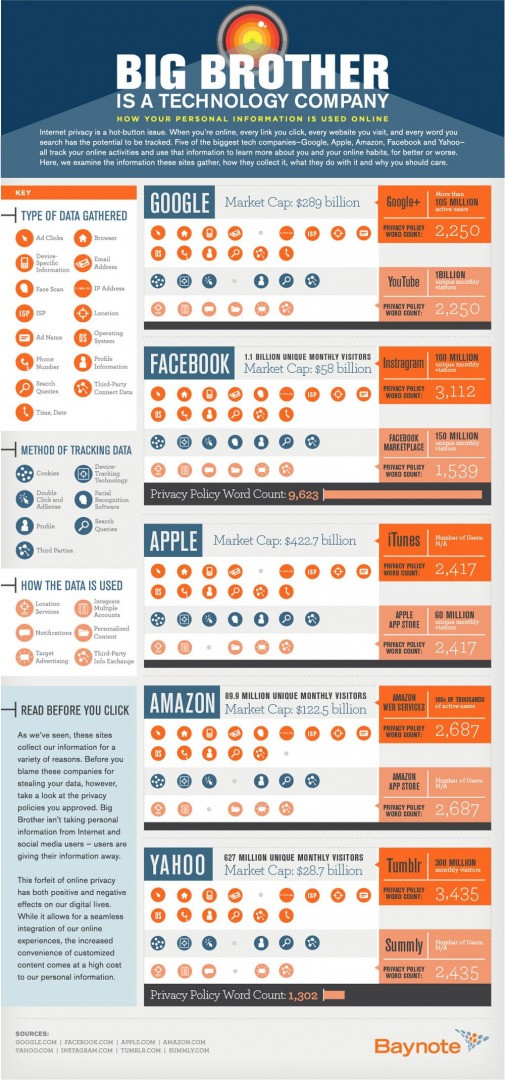
All kinds of organisations are collecting data about us all of the time. Companies, governments and other organisations want to find out about our personal preferences, activities and conversations. Do you know the extent to which organisations have data about you? Probably not, but perhaps you should. Nesta has been studying this area which it refers to as the “personal data economy”. Nesta is concerned that people do not necessarily have the skills to be able to take care of their own data, yet this is needed going forward. The other area that Nesta has been exploring is helping to encourage new types of business models that can benefit from the data that is available.
The fact is that organisations have a wealth of data that can be used for a variety of different purposes. Some organisations are already using data really well, such as an example provided in supermarkets in the USA where the companies are able to amend pricing on the fly depending on what competitors are doing as well as on customer demand. Another great use of data is that gathered about local weather, which can then be pulled together and analysed to understand if there is likely to be a problem with weather anywhere.
All of the data available can result in people feeling nervous. For example, it is explained that car insurance companies are able to put in monitors to understand if we have been safe with our driving. Other devices that we have check our use of them and feed back to organisations. People have been particularly uncomfortable about how much data governments have access to. This leads to us thinking a bit harder when we fill in a form about where the information could end up.
Nesta is of the belief that we are about to become data owners. This is being changed as a result of regulation, changes in what consumers want and changes in technology, which provides new capabilities. One project, the Government Midata project is explained to be already returning the personal data held people by large organisations to them. People can then choose to sell this data to other organisations to get bargains.
Data getting into the hands of the wrong people has been a worry for some, and some projects have arisen out of this concern. One such project is Patients Know best, and this got underway because it was felt by those that started it up that a system for the NHS that was centralised was not best for the patients. Another project is CitizenMe, and this pulls together the data for a person from their different online profiles – an activity that makes it easier for the users to alter their privacy settings in a way that suits them.
Nesta explains that its research teams have been working on finding solutions based on policy, technology and business models, that can help to develop a personal data economy in a manner that is responsible. It is felt that there is a balance that can be achieved between allowing businesses to be innovative with data, but at the same time letting people to have some level of control and decision making over their data. Nesta’s end goal is to champion best practices in this area.

The World Economic Forum is also examining data types to look at home social and economic value could be added as a result of the use of data. It is of the belief that there are a great many ways to do so. However, it is the view of the World Economic Forum that:
“The growing volumes of data, the lack of institutional capacities and the speed of change have outstripped existing policy frameworks.”
In combatting this, the World Economic Forum seeks to help develop new frameworks as well as coming up with ideas to help individuals to take better care over their personal data. The World Economic Forum is trying to make sure that this happens by bringing together a range of different stakeholders from across the globe to look for legal, technical and business solutions to the problem. It is argued to be important to look at areas such as being prepared for disasters, as well as looking at ways in which personal data can help with health and with international development. The World Economic Forum is also working to help the Data Driven Development Global Agenda Council to achieve its goals and get a solid footing.

Paula Newton is a business writer, editor and management consultant with extensive experience writing and consulting for both start-ups and long established companies. She has ten years management and leadership experience gained at BSkyB in London and Viva Travel Guides in Quito, Ecuador, giving her a depth of insight into innovation in international business. With an MBA from the University of Hull and many years of experience running her own business consultancy, Paula’s background allows her to connect with a diverse range of clients, including cutting edge technology and web-based start-ups but also multinationals in need of assistance. Paula has played a defining role in shaping organizational strategy for a wide range of different organizations, including for-profit, NGOs and charities. Paula has also served on the Board of Directors for the South American Explorers Club in Quito, Ecuador.











